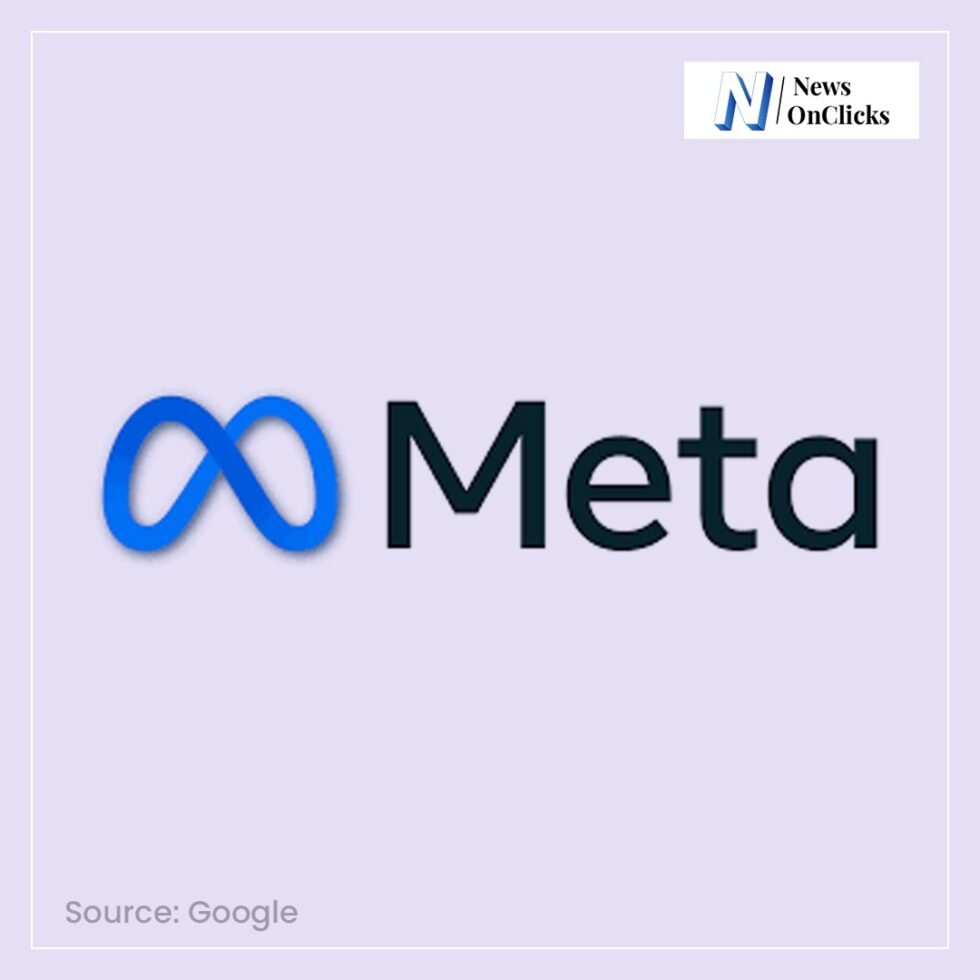
The future of artificial intelligence isn’t just about algorithms and data—it’s about energy. As AI expands, so does the demand for power. In a bold move to meet these growing needs sustainably, Meta has inked a 20-year deal with Constellation Energy, securing 1.1 gigawatts of nuclear power from a Central Illinois plant. The agreement kicks in from 2027, helping fuel the company’s fast-growing network of AI-driven data centers with clean, reliable electricity.
But this deal is more than a power purchase. It’s a long-term bet on nuclear energy, a statement on sustainability, and a strategic play to support American energy independence.
Why Meta Chose Nuclear Now?
In Meta’s own words:
“As we look toward our future energy needs in advancing AI, we recognize the immense value of nuclear power in providing reliable, firm electricity…”
AI’s rapid rise—across everything from generative models to real-time translation—is placing enormous pressure on data centers. These operations require constant, round-the-clock power. While solar and wind are great for sustainability, they’re weather-dependent. Nuclear, on the other hand, provides uninterrupted base-load electricity, making it the perfect match for AI’s relentless hunger for energy.
This deal ensures Meta can grow its AI capabilities without compromising on reliability or environmental goals.
What the Deal Includes: A Lifeline for Illinois’ Nuclear Plant?
Under the terms of the agreement, Meta will begin sourcing around 1.1 gigawatts of electricity from the Constellation-operated plant beginning in 2027.
That’s a huge amount of energy—enough to power over 1 million homes—and a critical resource for Meta’s current and future infrastructure.
Even more significantly, this deal rescues the Illinois nuclear facility from early closure. Thanks to Meta’s investment:
- The plant gets a 20-year life extension
- 1,100 local jobs are protected
- An estimated $13.5 million in tax revenue is secured annually
This partnership ensures that existing clean infrastructure isn’t lost prematurely—a major win for both the grid and the economy.
A Bigger Trend: Big Tech Bets Big on Nuclear
Meta isn’t alone in its nuclear pivot. In March 2025, Amazon, Google, and Microsoft all made moves to support or directly invest in nuclear energy.
- Google has backed three nuclear projects via a deal with Elementl Power
- Microsoft secured nuclear energy from Three Mile Island in a 20-year deal with Constellation in 2024
- Amazon recently pledged $10 billion in cloud and AI infrastructure in North Carolina, hinting at future nuclear tie-ins
Clearly, nuclear is having a comeback moment—driven not by governments, but by tech companies trying to scale AI without heating up the planet.
Meta’s Broader Plan: RFP for 1–4 Gigawatts of New Nuclear Projects
This Illinois deal is only the beginning. In late 2024, Meta issued a Request for Proposals (RFP) seeking 1 to 4 gigawatts of additional nuclear capacity.
That RFP attracted over 50 submissions, ranging from:
- Traditional utility providers
- Next-generation nuclear developers
- Advanced technology startups
Meta is now reviewing a shortlist of projects that meet its criteria for speed, scalability, and execution certainty. Final announcements are expected later this year.
According to Meta:
“This RFP is prioritizing sites where nuclear development can be advanced quickly with high degrees of certainty on execution and timeline.”
Translation? Meta wants fast-track nuclear projects—no red tape, no waiting 20 years for groundbreaking.
Why It Matters: Meeting AI’s Energy Demands Responsibly
Powering the future isn’t just a technical challenge—it’s an ethical one. Meta’s decision to lean on nuclear power isn’t just about meeting demand. It’s about:
- Avoiding fossil fuel fallback
- Preventing unnecessary nuclear plant closures
- Delivering sustainable AI at scale
The company is positioning nuclear not as a temporary fix, but as a central pillar of a cleaner, more resilient energy mix.
What Experts Are Saying?
Energy analysts and sustainability consultants are paying attention:
“This could spark a wave of nuclear-backed data centers. Meta’s move sets the tone,” says Lisa Martin, a clean energy consultant.
“We’re reaching a tipping point. AI needs reliable energy—nuclear delivers it. This isn’t just good strategy, it’s necessary,” adds David Callaway, an energy policy expert.
Community Impact: Jobs, Taxes, and Grid Stability
One of the most overlooked benefits of this deal is its positive local impact. Keeping the Constellation plant running means:
- Stability for over a thousand skilled workers
- Increased tax revenue for local development
- Strengthened regional energy security
Rather than letting aging energy infrastructure fall away, Meta is repurposing it for modern needs. This model could inspire other corporations to adopt similar strategies nationwide.
The Bigger Picture: What This Means for the Tech World
Meta’s nuclear play signals something larger: tech companies are no longer waiting on public infrastructure to catch up. They’re:
- Financing energy solutions directly
- Shaping the energy market
- Redefining what ESG leadership looks like
This isn’t just good PR—it’s practical, forward-thinking business. With global electricity demand forecast to grow by 75% by 2050, companies that act now will have a clear edge.
Final Thoughts:
Meta’s 20-year nuclear deal is a powerful signal to the tech world: if you want to scale AI, you need clean, dependable energy—and you need it now.
By rescuing an Illinois nuclear plant, Meta has shown that reviving existing clean energy assets can be just as impactful as building new ones. It’s a playbook others are likely to follow.
As we head toward a future defined by AI, expect nuclear to quietly power the revolution—one gigawatt at a time.








